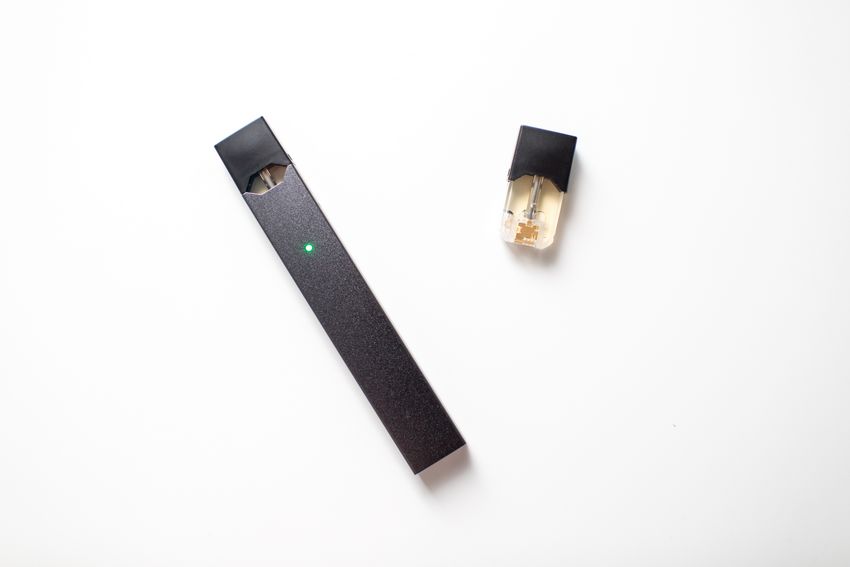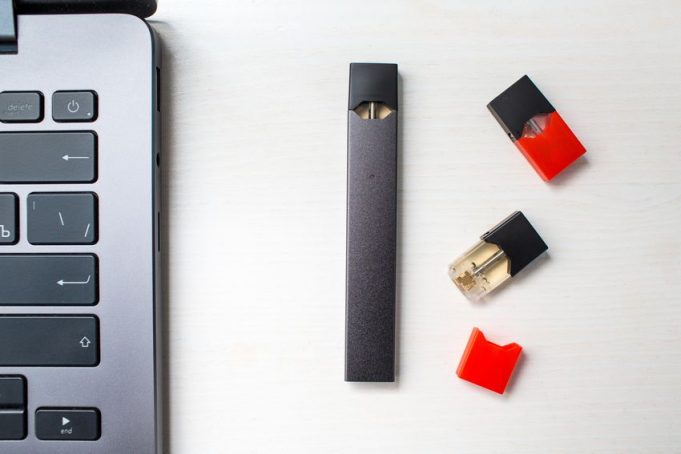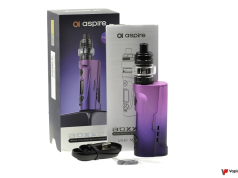Vaping firm Juul Labs settled literally thousands of lawsuits brought by more than 10,000 complainants accusing the company of product liability and directly marketing to youth for several years.
Juul Labs has reached settlements with 10,000 plaintiffs in federal multidistrict litigation (MDL) related to what the United States District Court for the Northern District of California and other cases that are referred to as “Juul Labs Product Cases” (JCCP).
The MDL and JCCP settlements, via an official statement from Juul Labs, “these settlements represent a major step forward strengthening Juul Labs’ operations and securing the company’s path forward to fulfill its mission to transition adult smokers away from combustible cigarettes while combating underage use.” According to the statement, the global resolution covers more than 5,000 cases brought by 10,000 plaintiffs against Juul Labs and the company’s current and former officers and directors. All of these cases include personal injury, consumer class action, government entities, and public bodies for Native American tribes.
Juul Labs cannot comment on the settlement amount, other than the amount secured through an equity investment to fund the full sum of the resolution. Other litigation and regulatory actions do include the Food and Drug Administration’s rejection of Juul Labs’ application to keep the product on the market as an alternative for adults who smoke. The FDA said that Juul has failed to offer “key questions about the potential for chemicals to leech from its device.” Since then, the FDA placed a temporary hold on the Juul product. Further, the company also settled to pay nearly $440 million to settle a joint two-year investigation by 33 states into the marketing of high-nicotine vaping products toward youth.
“Over the past year, Juul Labs also has settled with 37 states and territories and we remain in ongoing discussions with other key stakeholders to resolve the remaining litigation,” Juul Labs said in the same statement. “Juul Labs has taken a series of steps to stabilize its business operations and address past legal issues.”
Anatomy of the settlement

Philip Federico, an ambulance-chasing attorney representing some of the dozens of school districts, said in a statement to the BBC that the MDL and JCCP settlements are a “tremendous victory for school districts burdened by the vaping epidemic.”
This settlement speaks to the government response associated with the vaping epidemic. In 2022, per the same BBC report, over 2.5 million school students used e-cigarettes according to data from the Centers for Disease Control and Prevention. “Some of those involved in the case said that they were not aware that the product could be more addictive than cigarettes,” reports BBC.
“Today, smokers are simply not hearing this message, and that needs to change, or close to 500,000 Americans could continue to die needlessly each year,” writes Dr. Matthew Holman, PMI’s vice president of the U.S. Engagement & Regulatory Strategy, in an Inside Sources column. “Health experts have an obligation to proactively share information about better choices with adult smokers while continuing to guard against underage tobacco product use.” Holman was also the Office of Science director for the Food and Drug Administration’s Center for Tobacco Products.
These remarks are also applicable because the nature of the settlement is a middle finger to adults using electronic cigarettes.
Tobacco harm reduction implications

Vaping Post previously reported on Juul Labs’ settlement with the attorneys general for several states. Nearly $440 million to all partied states during the settlement has participated to secure millions of funding for some youth vaping prevention programs.
As we mentioned, the context for this settlement — including the MDL and the JCCP — is good. But, the actual implication is that the prevention and public health education that is funded by these settlements are financed by the company, not the public.
This is noteworthy given the amount of money at stake and the scope and impact of the products Juul sold as the market leader for years. Despite Altria ducking away from Juul and the constant controversy surrounding the company, Juul is still a highly valued company with a noticeable brand recognition among not only those who use Juul products but those who despise the brand.
As I’ve mentioned several times over, I am absolutely no regard or respect for Juul Labs as a company and a brand. Should the bills of government failures be footed by private companies? This is now the case. Tobacco harm reduction is a dynamic sector of tobacco scientific research and consumer product development.
The particular space of tobacco harm reduction is a bellwether for the new future of recreational tobacco and nicotine products.
Reporting from the Associated Press wire service points out that parents, school officials, and left- and right-wing politicians largely blame Juul Labs for a surge in underage vaping rates. Dozens of other e-cigarette brands have since developed that are considered choice products for minors and teens, unfortunately.
But, the ongoing trend of targeting electronic cigarettes could carry consequences for the individuals who can benefit the most from them: adult smokers. The Juul settlements, including the MDL and the JCCP settlements, are indicative of a ‘Catch-22,’ as it were, for the company. While Juul has certainly done harm to the status of vaping and should account for the losses it now faces as a company, the settlements continue to feed anti-vaping health programs that ultimately lump youth users with adult users in a ploy that clearly miscommunicates the benefits and harms of the vaping behavior. The FDA, despite its current position on Juul, has previously pointed out that vaping can potentially help smoking adults quit through non-pharmacological and medical means.
Anti-tobacco groups “concerned”
Anti-tobacco advocates have criticized the announcement of the MDL and the JCCP. The terms of the settlement are still closed by the federal court. These terms, according to these groups, are extremely troubling without knowing how or the sum to pay.
Meredith Berkman, a spokesperson for the anti-vaping non-governmental organization Parents Against Vaping E-cigarettes, told the Associated Press that their alarmist organization is “extremely troubled by the lack of settlement details provided and by Juul’s apparent public controlling of this settlement narrative.”








